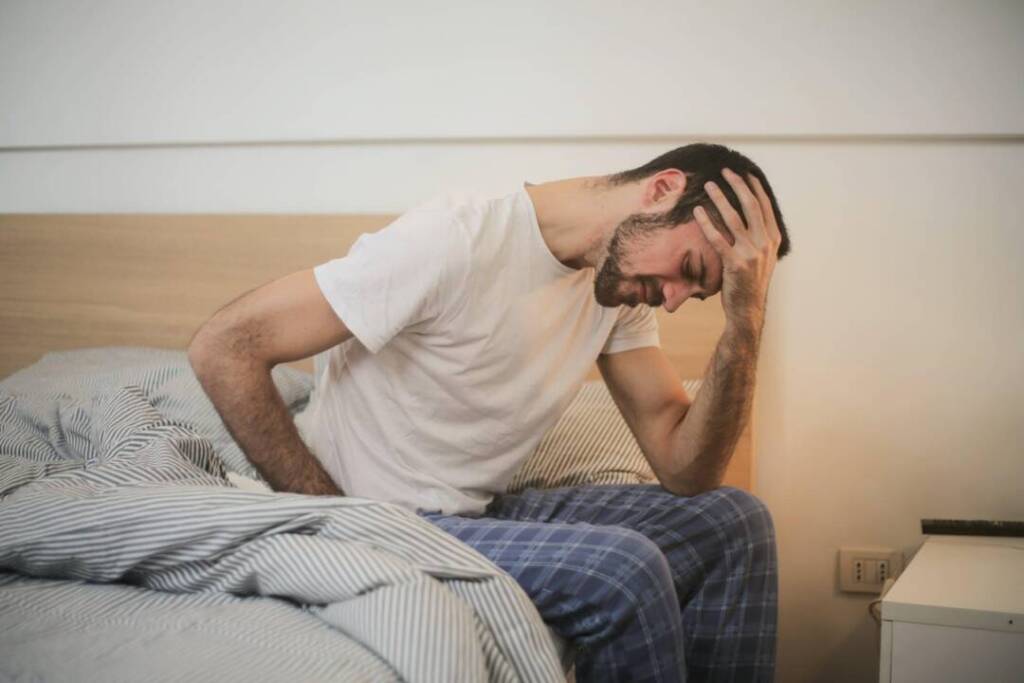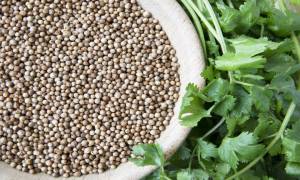It’s no secret that we’re all kind of addicted to caffeine whether in the form of coffee, tea or energy drinks. It’s almost embarrassing that most of us wouldn’t even mind replacing water with a caffeinated drink. Granted, caffeine may have some benefits, but too much of anything can be harmful. So, how do you know how much caffeine is too much for you?
How Much Caffeine is Too Much and Who Should Avoid It?
According to the United States Food and Drug Administration, 400 milligrams of caffeine per day is safe to be consumed by a healthy adult. This equals drinking approximately 3-4 cups of coffee in one day.
Fortunately, most Americans consume caffeine within the recommended limit of 400 milligrams but some do consume more than that without knowing how much caffeine is too much for their bodies to handle.
Contrarily, caffeine consumption is entirely discouraged among children while for individuals suffering from certain pre-existing health issues, it is recommended to get medical advice regarding caffeine intake.
According to health experts, individuals suffering from anxiety, depression and panic disorders should also avoid having too much caffeine as it can worsen symptoms.
Caffeine sensitive people are also advised to steer clear of all foods that contain caffeine in them.
Others who should limit or avoid it altogether to avoid experiencing the negative effects of caffeine are:
- Pregnant women (or women trying to get pregnant).
- Breastfeeding women.
- People who suffer from acid reflux.
- People who suffer from depression or anxiety.
- People who have ulcers.
- Insomniacs
- People who have an arrhythmia.
- People who have high blood pressure.
- Children
What is Caffeine?
Caffeine is defined as a drug that stimulates the central nervous system. Although it has benefits like providing temporary alertness and a jolt of energy to get on with your day, it’s strong enough to cause your body to become dependent on it. As a result, even going a day without caffeine may cause some people to experience withdrawal symptoms.
It is commonly found in chocolates, tea, coffee and energy drinks. It is also found — in safe amounts — in some medications used to treat drowsiness and migraines.
Studies suggest that caffeine has other health benefits as well; like decreased risk of developing Parkinson’s and Alzheimer’s disease. It is also believed that it may reduce the risk of strokes and oral cancers while also boosting memory and alertness of the mind. However, proper research needs to be done before confirming some of these claims.
Still, no matter the benefits, the negative effects of caffeine cannot be ignored.
Side Effects of Caffeine
Consuming more caffeine than the recommended amount of 400 mg can result in uncomfortable symptoms. The side effects of caffeine, if consumed in unhealthy amounts are:
- Anxiety
- Jitters
- Insomnia.
- Temporary increase in blood pressure.
- Fast heartbeat.
- Dizziness
- Heartburn
- Dehydration
- Headaches
Caffeine Withdrawal: How to Cut Out Caffeine?
One of the negative effects of caffeine is caffeine withdrawal. When someone whose body has become dependent on caffeine, goes without it for more than 12-24 hours, they may experience symptoms of caffeine withdrawal.
Symptoms of caffeine withdrawal include increased anxiety, headaches, not being able to focus, tremors and jitters, depression, irritability and more.
Even though uncomfortable, they usually do not last for long and can be manageable.
Here are some tips on how to manage the side effects of caffeine withdrawal symptoms if you’re looking to cut down on your caffeine intake:
1. Take it Slow
An abrupt stop to your caffeine intake will result in withdrawal as it is not something the body is used to. To let the body adjust to your new habits, try reducing your caffeine intake gradually until you can go completely caffeine-free without feeling irritable and restless.
2. Rest Well
As you begin cutting caffeine off, you’ll notice a nosedive in your energy and you may feel fatigued and lethargic. To counter exhaustion, try to get better sleep without disruptions.
3. Alternate Methods to Increase Energy
Try energy-boosting exercises and incorporate high energy foods in your diet to keep you feeling active.
4. Go Decaf
Once you begin cutting off on caffeine, you may need to replace it with something else. For example, try switching your everyday coffee from regular to decaf. It is low in caffeine and is a great alternative that can satisfy your coffee cravings.
Symptoms & Side Effects of Caffeine Overdose
When caffeine is consumed in unhealthy amounts daily, it can result in caffeine overdose. This can result in seizures, trouble breathing, disturbances in hormonal balance and can even lead to death in severe cases.
Other symptoms of caffeine overdose are:
- Tremors
- Increased thirst.
- Headache
- Fever
- Diarrhea
- Dizziness and confusion.
- Hallucinations
- Vomiting
- Irregular heartbeat.
Symptoms like hallucinations, dizziness, confusion and chest pain require immediate medical help.
Negative Effects of Caffeine: How to Fix Them?
When you’re not aware of how much caffeine is too much for your body, you can often end up consuming unhealthy amounts of it which can result in uncomfortable effects that may or may not potentially put your health at risk.
Luckily, there are several ways you can combat the side effects of caffeine overdose if you feel like you have had too much of it:
1. Drink Plenty of Water
Caffeine has a diuretic effect on the body i.e. it encourages the body to remove extra salt and water through increased urination. What does that do? Frequent urination dehydrates your body which is an inconvenience that you don’t want to add on to the already uncomfortable symptoms of a caffeine overdose.
Drink plenty of water to make up for the excessive salts and water your body is expelling and keep yourself well-hydrated.
2. Take an OTC Painkiller
Among the negative effects of caffeine overdose are headaches that can range from mild to severe. For a mild headache, try relieving it through natural remedies like yoga, massage, getting some rest, or drinking water.
You can also take an OTC painkiller but make sure that it is caffeine-free.
3. Get Rid of Excess Energy
If you have had too much caffeine, chances are, you may be feeling jittery with lots of pent up energy that demands to be unleashed.
Try getting rid of the extra energy by taking a walk. However, avoid hardcore physical activity as caffeine may also cause your heart rate to be fast or irregular.
4. Get Professional Help
In severe cases when you’re feeling nauseous, confused and have diarrhea, it’s best to seek medical help or call poison control.
Your doctor may advise you to take laxatives or opt for other methods to wash out the caffeine from your body according to the severity of your symptoms. You may also be offered activated charcoal — which is commonly used to treat drug overdose — to stop it from reaching your gut, if it hasn’t already, to keep safe from the severe side effects of caffeine overdose.
Even though a caffeine overdose is not usually a huge cause of concern and symptoms may abate in a few hours, it is best to keep yourself updated about how much caffeine is too much and how much is safe for you to make sure you don’t unknowingly contribute to putting your own health at risk.















